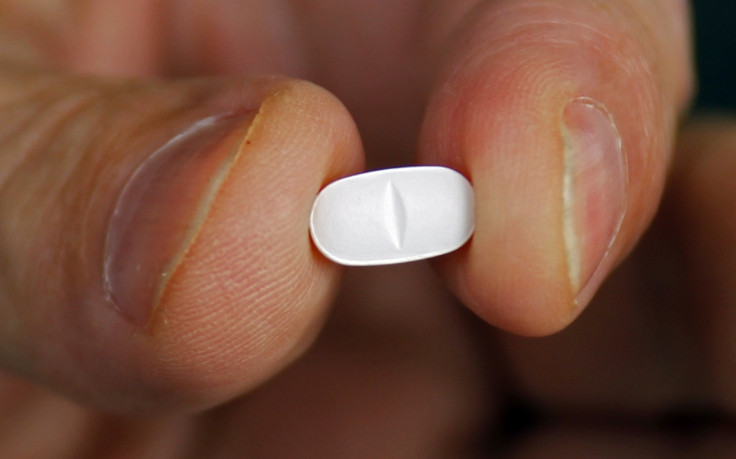'Morality Pills' Close to Reality, Claims Scientist

"Morality pills" that alter users' personalities to make them "better" people could soon be a reality, a neuroscientist has claimed.
At a London conference on how science could be used to improve human brain function, Molly Crockett, a neuroscientist at Oxford University, explored the possibility of substances being used to alter deeply rooted human personality traits, in a way that was previously limited to fiction like RL Stevenson's Strange Case of Dr Jekyll and Mr Hyde.
"At the time this was science fiction but recent studies have shown that by shifting people's brain chemistry you can change people's personalities," said Dr Crockett.
Among the substances discussed by Dr Crockett as candidates is the hormone oxytocin, which has been dubbed the "moral molecule", and been found to boost trust, empathy and cooperation.
However, Dr Crockett said that other tests had shown the hormone to boost envy and gloating.
The second candidate she discussed was serotonin, referred to as the "happy hormone" and widely used in anti-depressants.
She said that though its effects on the emotions were well documented, tests she had conducted also showed its impact on decision making when subjects were presented with a moral dilemmas.
She said that half of a test group was given the anti-depressant Cilatopram, which contains serotonin, and the other half were given a placebo.
They were then presented with the Trolley Problem, a well-known moral dillema, which they had to decide if they would rather push someone in front of a trolley to save a group of people from certain death, or let that person live and see the group die.
Most who had taken the drug said that they would not sacrifice the one person for the group if they had to interact with them directly, for example by pushing the person.
Dr Crockett said that for some this showed that the drug could act to enhance moral qualities, but others might disagree.
"This is less a scientific question, than it is a philosophical question," said Dr Crockett.
"I think the place to start is that there are probably certain types of moral behaviours that we would want people to want to do," she said, adding that drugs that led to people making a small sacrifice for the benefit of many would probably be described as moral enhancers by most, and further tests could show the effect of drugs on enhancing these qualities.
However, she said that the question of when to administer such drugs was also one for ethical debate, rather than scientific research.
© Copyright IBTimes 2025. All rights reserved.




















